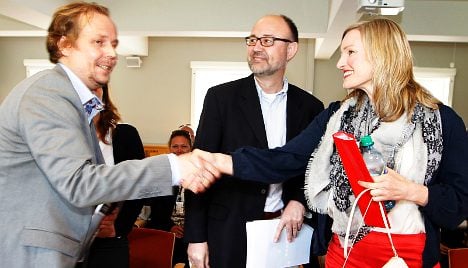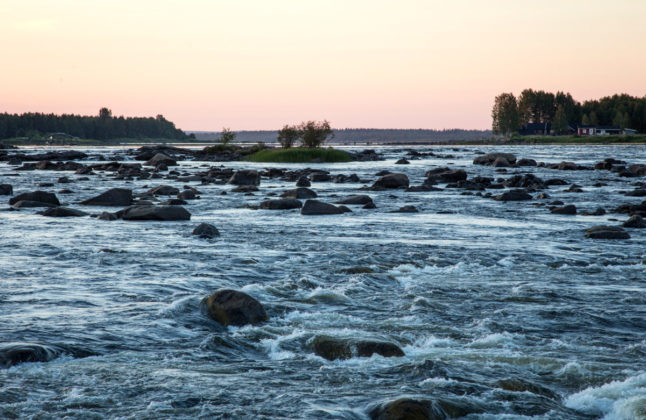The study, commissioned by several Norwegian government agencies, was carried out by the Holocaust Centre in Oslo in conjunction with pollster TNS Gallup.
“In all, 12.5 percent of the population have distinct prejudices against Jews. In a European context, this makes the prevalence of anti-Semitic thinking relatively low in Norway and on the same level as Great Britain, the Netherlands, Denmark and Sweden,” according to the report.
In certain areas, respondents displayed a particularly high level of anti-Semitism. For instance, a full 19 percent agreed with the statement that “the world’s Jews are secretly working to advance Jewish interests”, while 26 percent of Norwegians agreed that “Jews view themselves as being better than others”.
Eight percent said they would not like to have Jews as neighbours or friends.
Anti-Semitic tendencies were most apparent among men, older people and people with a low level of education, while women, young people, and well-educated Norwegians were in general less prejudiced.
Holocaust Centre coordinator Øivind Kopperud noted that, while the level of anti-Semitism was relatively limited, 12.5 percent of the population still equated to more than 600,000 people.
“A few of the individual figures are quite frightening,” said Kopperud, who pointed out that Norway is a politically stable and wealthy country.
He expressed particular concern over the fact that 38 percent of respondents equated Israel’s treatment of the Palestinians to the Nazi’s treatment of Jews during World War II.
Furthermore, a quarter of Norwegians believed Jews used the memory of the Holocaust to gain advantages for themselves, while 12 percent said Jews bore responsibility for their own persecution. In neighbouring Sweden, just 2 percent of people said Jews had themselves to blame, while in Germany the figure rose to 10 percent.
Kopperud said it should also be borne in mind that Norway is home to only around 1,500 Jews. Few people have either Jewish friends or colleagues at school, university or in the workplace.
“So when they speak about Jews and their view of Jews, they are speaking about the mythical ‘Jew’, and that’s completely different from the relationship to other minorities who are quite visible.”
The study also showed that criticism of Israel did not always go hand in hand with anti-Semitic opinions.
An analysis revealed that half of respondents who held radical pro-Palestinian views did not display signs of anti-Semitism.
Among people with more moderate pro-Palestinian opinions, 75 percent showed no indication of being anti-Semitic.
“This shows that the relationship between anti-Semitic and anti-Israeli views is more complex that an often polarized public debate sometimes suggests,” said Kopperud.
The study also showed that Norwegians are more prejudiced against certain other minorities, with Muslims, Somalis and Romany people subject to the highest levels of discrimination.
The report makes four recommendations for improving the climate for Jews and other minorities. These include providing more information in schools about Jewish history, anti-Semitism, and prejudices against other minorities.
The authors also propose carrying out a similar survey every five years, as well as compiling comparable surveys for other minorities.
According to the researchers behind the study, the Norwegian police should begin keeping records of any hate crimes with anti-Semitic motives.



 Please whitelist us to continue reading.
Please whitelist us to continue reading.
Member comments